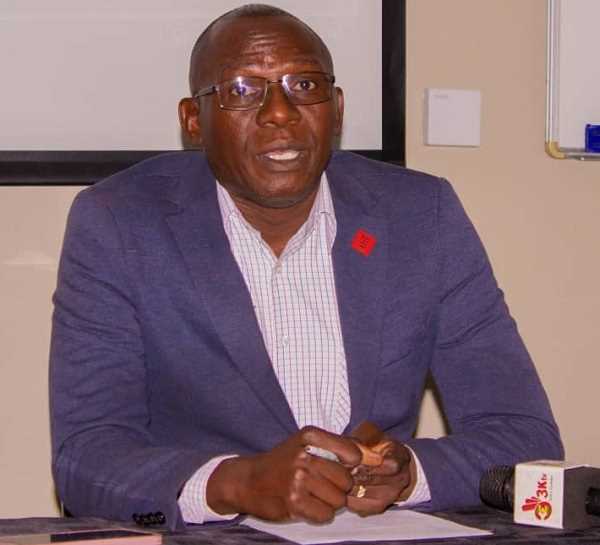
Munyaradzi Blessing Doma
Zim Now Correspondent
The World Health Organisation Pandemic Agreement lacks the capacity to protect people from poor countries, such that if another major health issue strikes, millions will die, Aids Healthcare Foundation Zimbabwe, Country Programme Manager, Dr Enerst Chikwati, has said.
Dr Chikwati reiterated that if the finalisation of the agreement - which is set for this May - goes without addressing the gaps, there will be catastrophe.
“If this thing goes through, next pandemic we might all die,” he said.
Dr Chikwati was speaking during a Pandemic Agreement Sensitisation Meeting with journalists last Friday.
The Pandemic Agreement was created by WHO’s Intergovernmental Negotiating Body, aimed at addressing gaps which were seen during the Covid-19 pandemic which is estimated to have killed almost 18 million people.
It is reported that the Covid-19 pandemic exposed major shortcomings in the global health security architecture, and to address those (shortcomings), INB came up with the Pandemic Agreement on April 16 this year.
While the some of the aims of the Pandemic Agreement include, “to protect all people, in all countries, no matter how rich or poor, from harm”, AHF which has 47 member states, noted there are some gaps which need to be addressed before the final agreement is launched this May.
“This is our position on why changes are needed before the document is finalised in May 2024.
“So, our number one concern is about the agreement itself, as AHF we are worried by the WHO Pandemic Agreement which has now become weaker, Dr Bote (AHF Zimbabwe, National Medical Director) has said it’s now watered down and it lacks accountability.
“Second issue is of the current text, the latest version of the agreement is filled with empty promises and lacks the power needed to make sure everyone has access to health, health resources during pandemic, you have already heard about equity.
Related Stories
“By definition, it means equal distribution of resources among the people in considering their needs. This is not what is happening and this is what happened during the Covid-19 pandemic in terms of access to vaccines. Most developing countries struggled to get vaccines, whilst developed countries hoarded vaccines more than they needed so we need to talk more of equity in the future pandemics.
“The third point is focused on pharmaceutical interest; developing countries are protecting drug companies; instead of making sure that everyone has got access to healthcare during pandemics, drug companies are putting profits over lives of people,” said Dr Chikwati.
He added that the Pandemic Agreement “lacks health product guarantees, like Dr Bote has already mentioned, WHO will only access only 20 percent of all the commodities, of all the resources, maybe drugs and vaccines. 20 percent is not enough definitely, it won’t be enough to cover the third world countries, or developing countries.
“The 80 percent will be at the mercy of these big pharmas, they have money and they want to make more money, so we really plead with WHO, INB board to reconsider this 20 percent.
“There is also need for accountability and enforcement, we need strong rules to make sure countries follow the agreement, we need commitments from Heads of State and also for the Heads of State to be involved in the signing of this agreement. That will ensure accountability, that will ensure in country has commitment for each country.
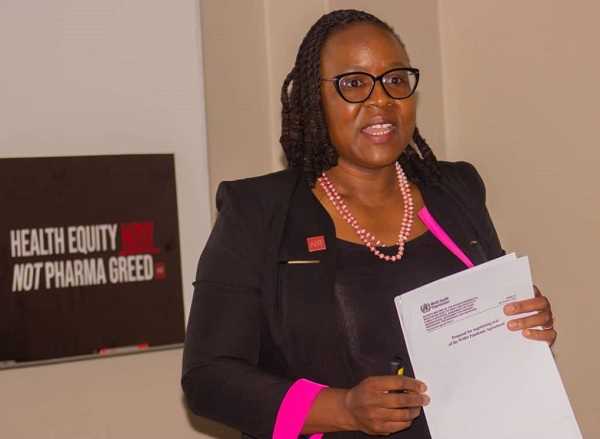
“Then the sixth one is call for independent oversight, there is no independent body from WHO, we urge WHO to consider appointing an independent body, independent from WHO, independent from donors of WHO, to head and oversee the Pandemic Agreement.
“We also urge WHO to reconsider the CSOs (Civil Society Organisations), to be more involved, their voices need to be heard, they need to hear them, their finalising, but let them get input from the civic society. AHF is therefore mobilizing support across the board to roll-out action to pressure Intergovernmental Negotiating Body to revisit the agreement and address critical gaps that I have highlighted.”
Similar sentiments on the Pandemic Agreement were also echoed by Dr Sandra Bote, who said: “This latest iteration of the text, which has been significantly watered down through the negotiation process, is filled with platitudes, anaemic in obligations, and devoid of any accountability.”
She added: “The word equity appears nine times in the October negotiating text, including as a guiding principle of the whole treaty. But in reality, Article 12 stipulates that WHO would have access to only 20 percent of “pandemic-related products for distribution based on public health risks and needs”.
“The other 80 percent — whether vaccines, treatments, or diagnostics —would be prey to the international scramble seen in Covid-19 that saw vital health technologies sold to the highest bidder.
“Most of the world’s population live in countries that might not be able to afford these products, but 20 percent seems to be all that high-income countries were willing to agree to.
“It appears like the developed nations have vehemently defended the private interest of pharmaceutical companies over the collective common interest of achieving global health security in a sustainable and equitable manner.”
AHF was established in 1987 with the main purpose of providing quality and affordable health services to people living with HIV and the organisation is currently in 47 countries.











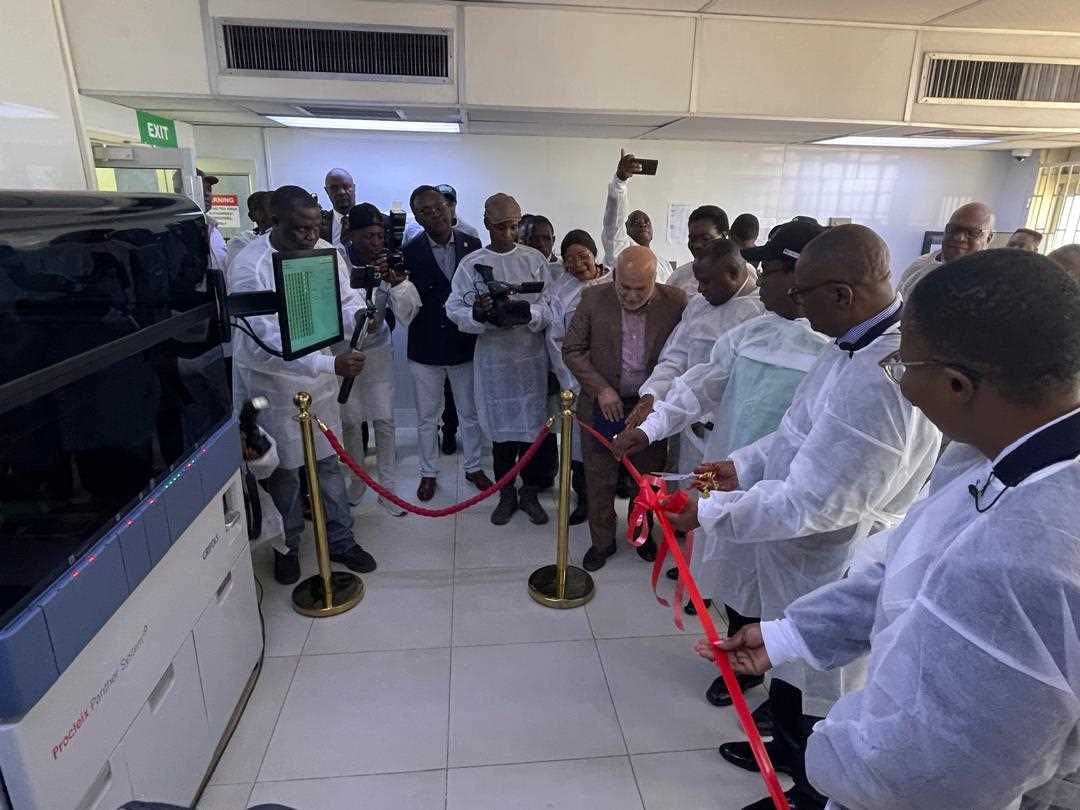
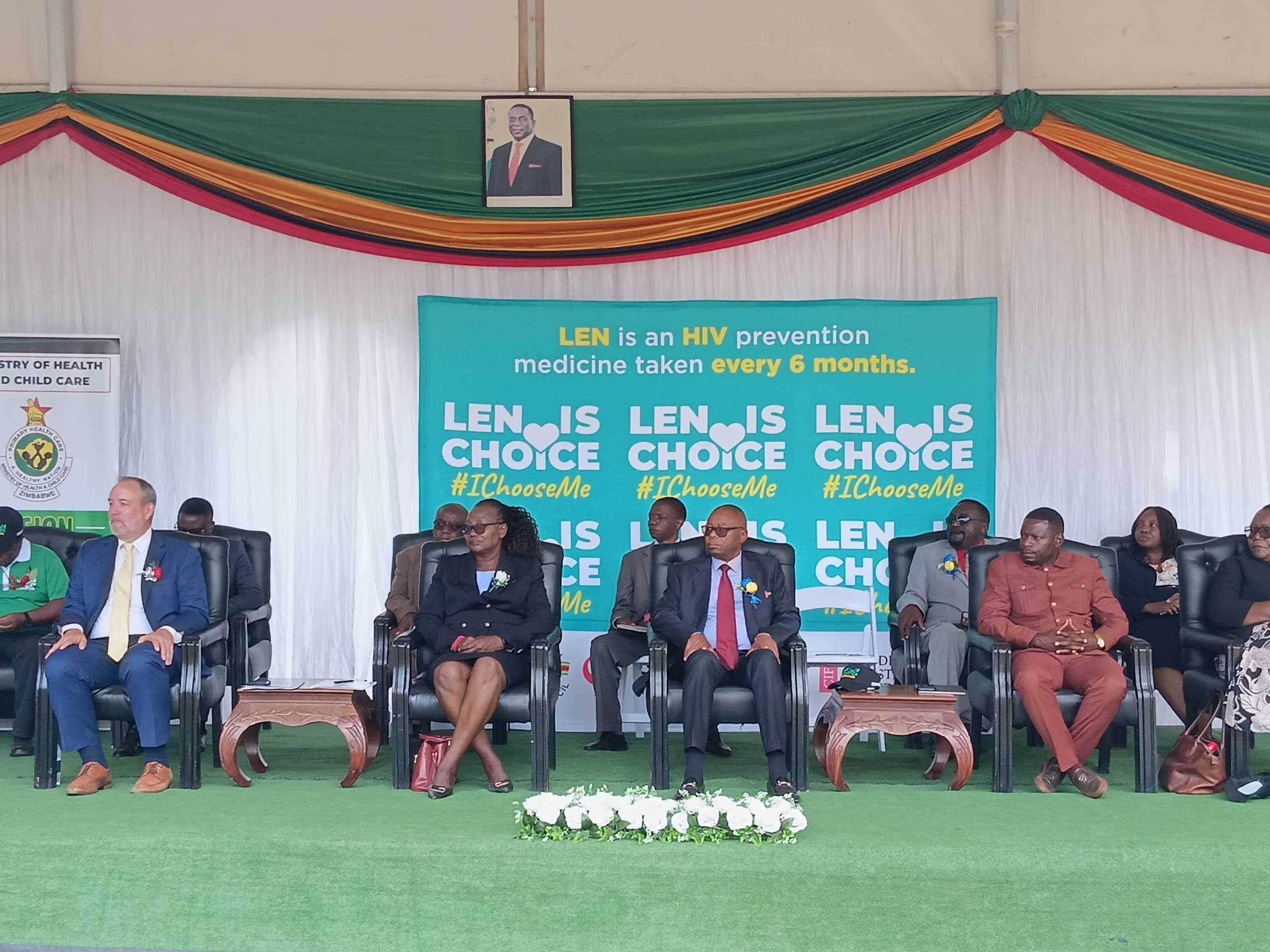


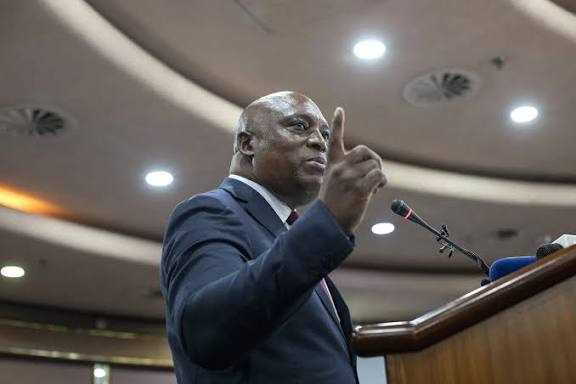
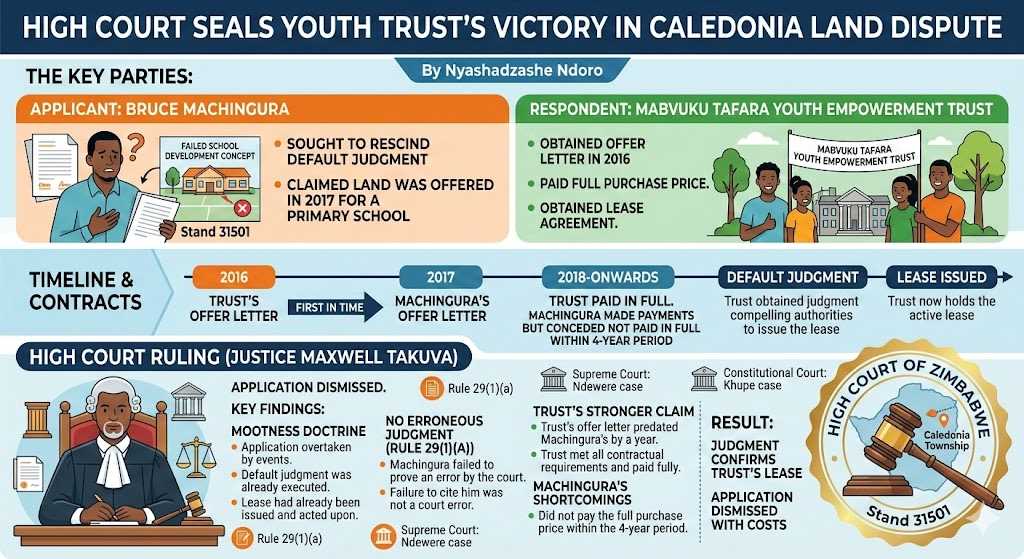
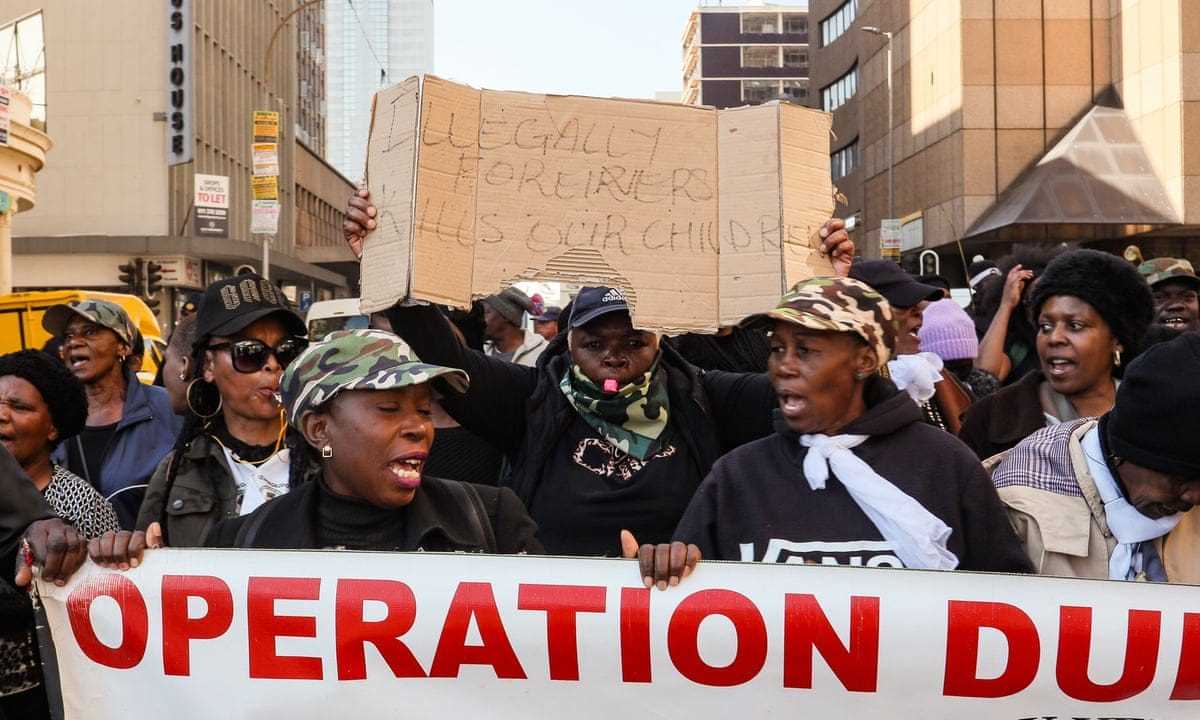


Leave Comments